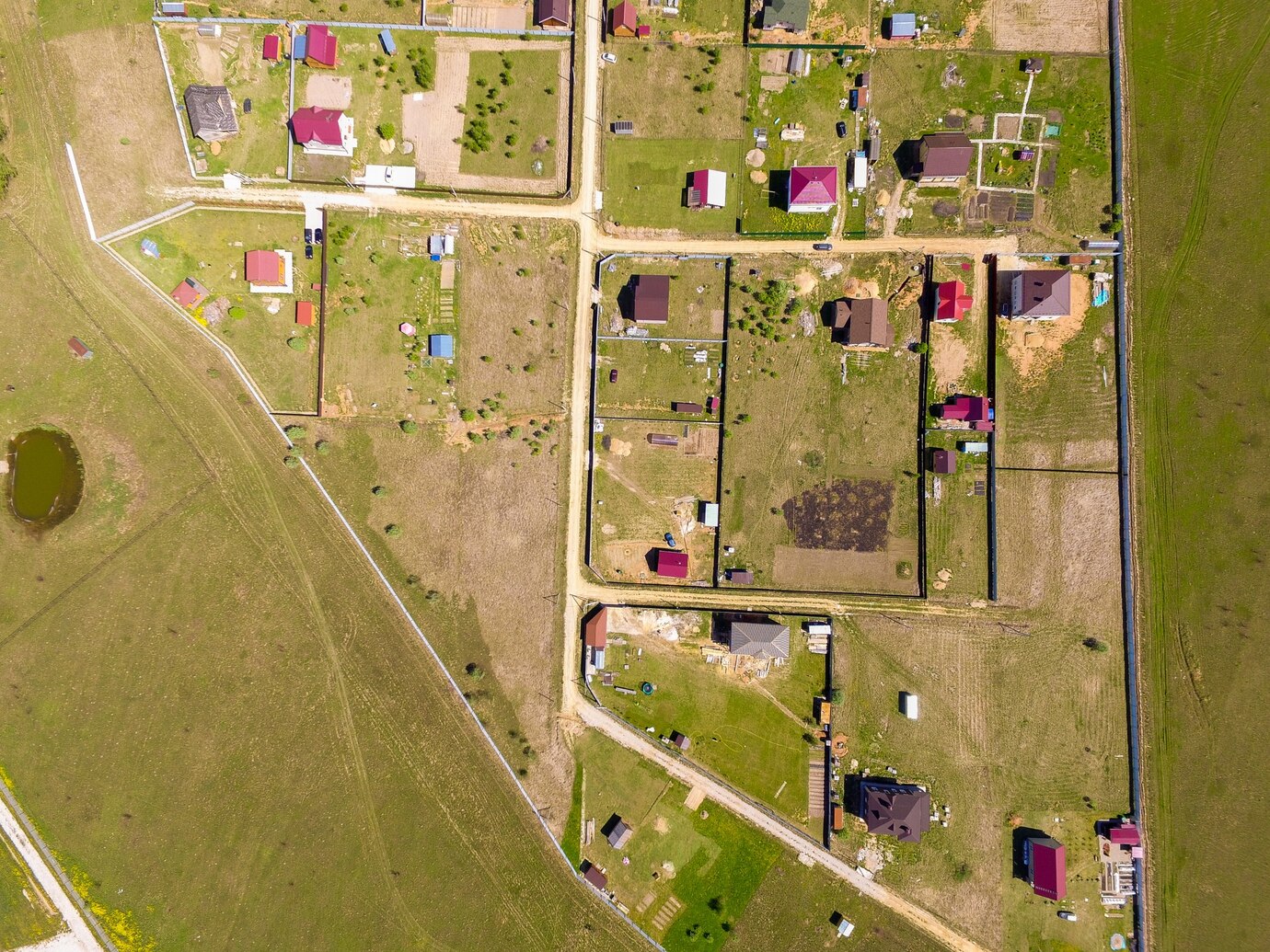When it comes to real estate investments, one of the most common dilemmas investors face is whether to purchase vacant land or developed property. Both options have their own advantages and challenges, making the right choice highly dependent on an investor’s goals, risk tolerance, and financial situation. In this article, we’ll explore the key differences between vacant land and developed property to help you determine which is the better investment for you.
Understanding Vacant Land Investments
Pros of Investing in Vacant Land
- Lower Initial Cost – Vacant land is generally more affordable than developed property. Without buildings or infrastructure, the purchase price is lower, and there are typically fewer costs related to maintenance and upkeep.
- Minimal Maintenance – Unlike developed properties, vacant land requires little to no maintenance. There are no tenants, plumbing, roofing, or structural repairs to worry about.
- Long-Term Appreciation – Land is a finite resource, and as demand for property grows, its value can appreciate over time. This makes it a good long-term investment.
- Flexibility – Vacant land allows investors to develop it according to their vision. It can be used for residential, commercial, agricultural, or recreational purposes, depending on zoning laws.
- Lower Property Taxes – In most cases, property taxes on vacant land are lower than those on developed properties, reducing ongoing costs.
- Fewer Regulations and Liabilities – Unlike developed properties, vacant land investments do not involve dealing with tenants, property management, or compliance with building codes and regulations.
Cons of Investing in Vacant Land
- Lack of Immediate Income – One of the biggest drawbacks of investing in vacant land is that it does not generate immediate income. Unlike rental properties, landowners do not receive monthly cash flow.
- Challenges in Financing – Banks and lenders may be less willing to finance vacant land purchases, often requiring higher down payments and offering fewer loan options.
- Zoning and Permit Issues – Developing vacant land can be a complex process. Investors must navigate zoning laws, environmental regulations, and permitting requirements before construction can begin.
- Longer Holding Period – The appreciation of land value can take years, making it a less liquid investment compared to developed properties.

Understanding Developed Property Investments
Pros of Investing in Developed Property
- Steady Cash Flow – One of the primary benefits of developed property is its ability to generate immediate rental income. Whether it’s a residential or commercial property, owners can benefit from consistent cash flow.
- Easier Financing Options – Lenders are generally more willing to finance developed properties. Investors can take advantage of mortgages, rental income projections, and refinancing options to leverage their investment.
- Higher Appreciation Potential – While land values appreciate over time, developed properties often experience faster appreciation due to improvements, renovations, and market demand.
- Tax Advantages – Developed properties offer various tax benefits, such as depreciation, mortgage interest deductions, and maintenance expense write-offs.
- Leverage Opportunities – Investors can use leverage to acquire developed properties with a lower initial investment while benefiting from increasing property values.
Cons of Investing in Developed Property
- Higher Initial Costs – Buying a developed property typically requires a significant upfront investment, including down payments, closing costs, and potential renovation expenses.
- Ongoing Maintenance and Management – Owning a developed property comes with the responsibility of maintaining the building, handling repairs, and possibly dealing with tenants.
- Market Risks – Developed properties are subject to market fluctuations. Economic downturns, changes in demand, and neighborhood developments can impact property values.
- Regulatory and Legal Complexities – Rental properties require compliance with landlord-tenant laws, building codes, and insurance requirements, which can add complexity to ownership.
- Vacancy Risks – If a rental property remains unoccupied, investors may experience a loss of income while still being responsible for mortgage payments and maintenance costs.
Which Investment is Better for You?
Best for Long-Term Investors with Patience
If you are a patient investor looking for a long-term appreciation strategy, vacant land may be the right choice. It requires minimal effort to maintain and has the potential for substantial gains over time as land becomes more scarce.
Best for Investors Seeking Immediate Income
If you want a steady stream of income, developed property is the better investment. With rental income, you can generate cash flow while benefiting from property appreciation.
Best for Hands-Off Investors
Investors who prefer a low-maintenance investment may lean towards vacant land. Since there are no tenants, repairs, or daily management duties, it’s a more passive investment.
Best for Hands-On Investors
If you enjoy property management, renovations, or adding value to real estate, developed properties provide more opportunities to increase profits through rental income and improvements.
Final Thoughts
Both vacant land and developed properties offer unique advantages and challenges. The right investment choice depends on your financial goals, risk tolerance, and investment timeline. If you’re looking for immediate returns and have the resources to manage a property, developed real estate is likely the better option. However, if you prefer a low-maintenance investment with long-term appreciation potential, vacant land might be the ideal choice. Whichever path you choose, conducting thorough research and understanding the market will help you make the best investment decision.
Looking to invest in land? Explore available listings on landsellers.net and find the perfect property for your needs!

